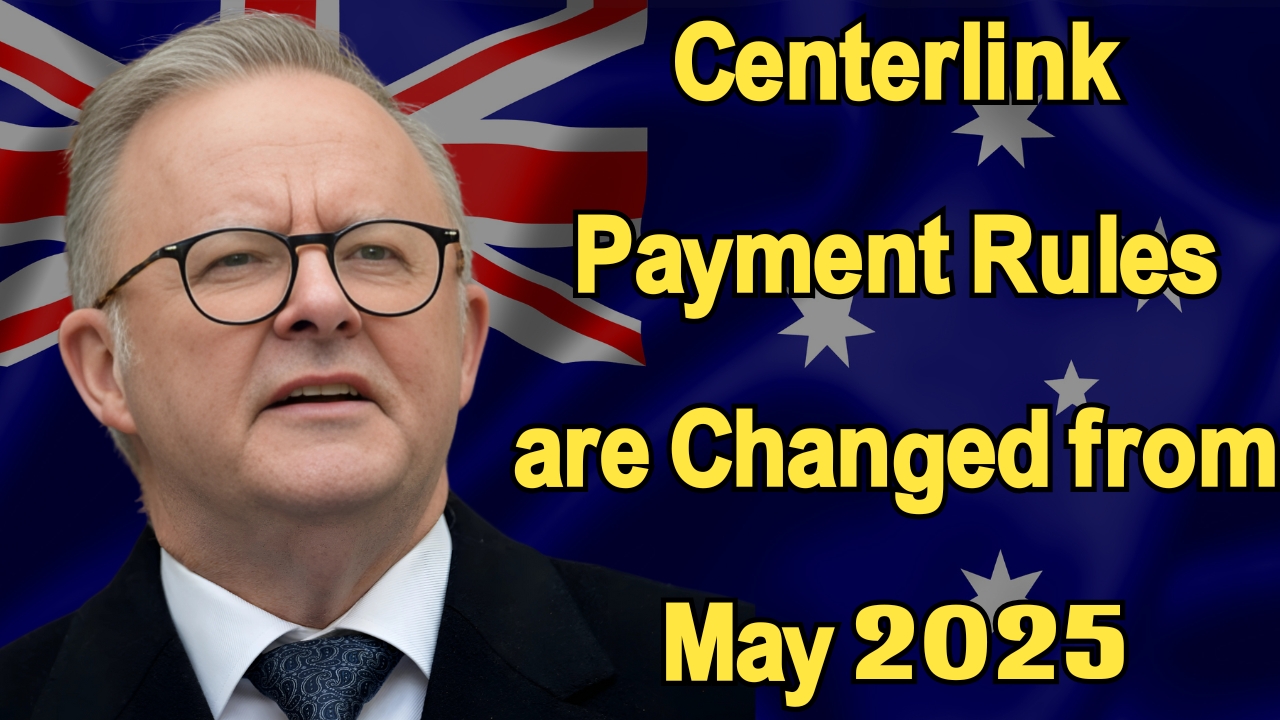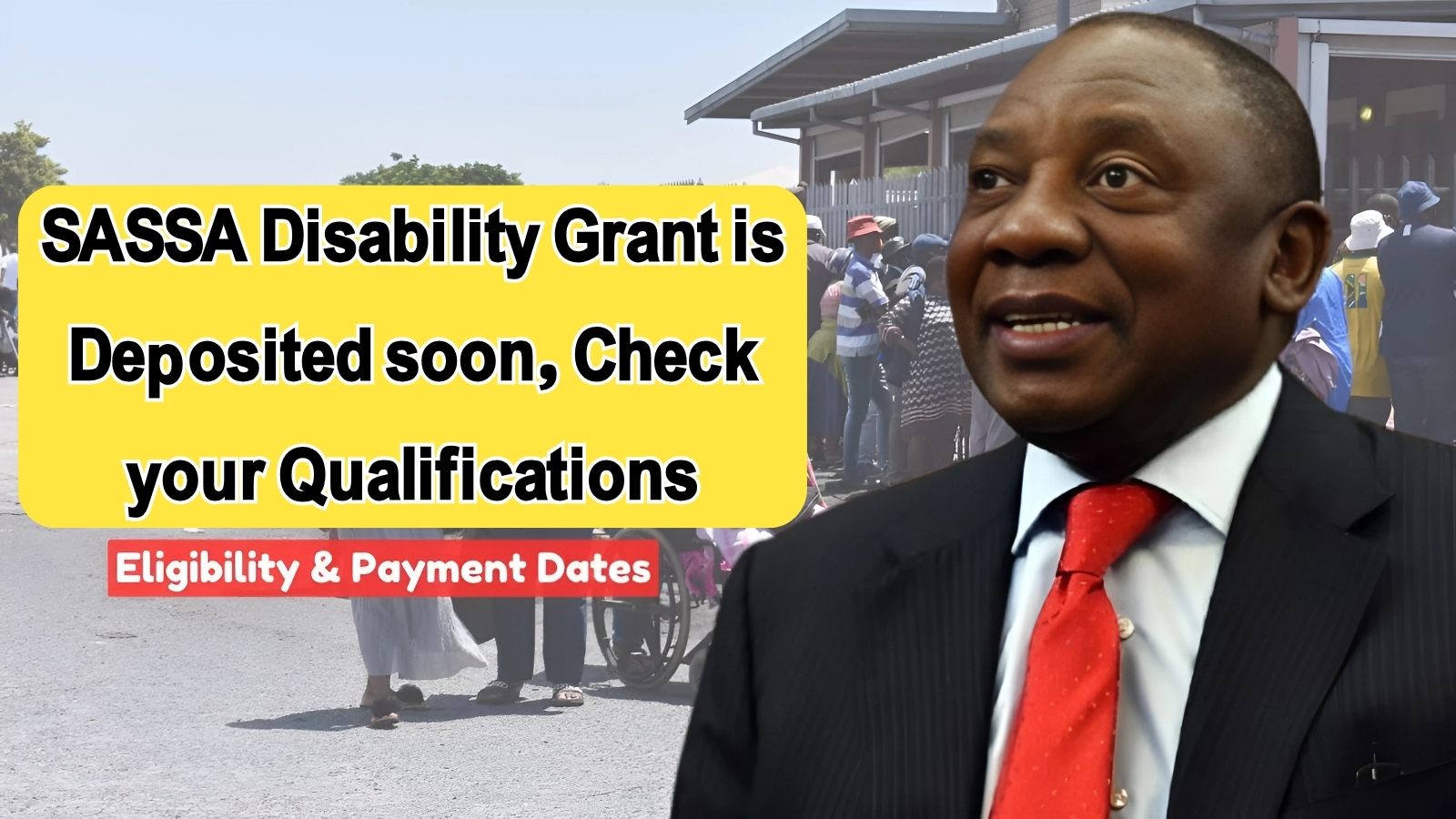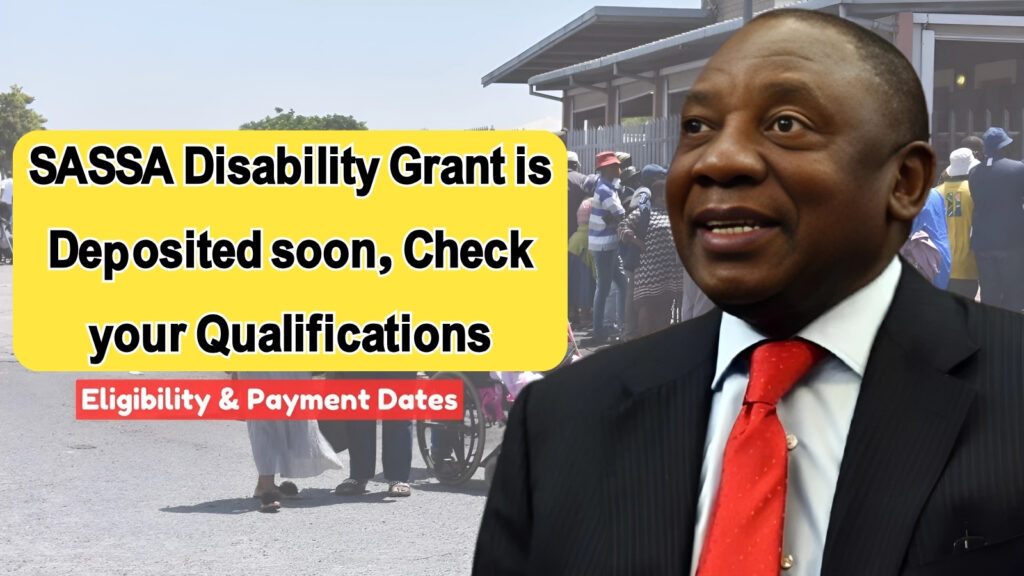Centrelink, operating under Services Australia, administers Australia’s social security system through a complex framework of rules and regulations designed to ensure payments reach those who need them most while maintaining program integrity.
Understanding these rules helps recipients maintain their eligibility and avoid potential issues that could affect their payments.
Fundamental Eligibility Principles
Centrelink payment eligibility is based on several core principles that apply across most payment types.
These include Australian residency requirements, income and asset tests, and specific criteria related to each payment type. Understanding these fundamental principles helps recipients navigate the system effectively.
Residency requirements typically involve being an Australian citizen, permanent resident, or holding specific visa types that allow access to social security payments.
The length of residency required varies by payment type, with some requiring immediate eligibility while others have waiting periods.
Income and asset tests determine payment amounts and eligibility for most Centrelink payments.
These tests ensure that assistance goes to those with the greatest financial need while providing appropriate support levels based on individual circumstances.
Age requirements vary significantly across different payment types, from youth payments for those under 25 to age pensions for older Australians.
Understanding age-based eligibility helps individuals plan their financial support and transition between different payment types as they age.
Income Reporting Requirements
Income reporting represents one of the most critical obligations for Centrelink recipients, with strict requirements about what income must be reported and when.
Failure to report income accurately and promptly can result in overpayments, penalties, and potential prosecution for fraud.
Employment income must be reported for the period in which it is earned, not necessarily when it is received.
This distinction is important for recipients who may receive payments in arrears or have irregular pay schedules that don’t align with standard reporting periods.
Investment income including interest, dividends, and rental income must be reported even if amounts seem small. Centrelink considers all income sources when calculating payment eligibility and amounts, making complete reporting essential for accurate payments.
Business income reporting involves complex rules about allowable deductions, profit calculations, and timing of income recognition.
Self-employed recipients often require professional assistance to ensure accurate reporting that complies with Centrelink requirements.
Reporting timeframes are strictly enforced, with most recipients required to report income every two weeks by specified deadlines.
Missing reporting deadlines can result in payment suspensions and administrative penalties that create additional complications.
Asset Test Compliance
Asset tests evaluate the total value of assets owned by recipients and their partners, with different limits applying to homeowners and non-homeowners.
Understanding asset valuation and exemptions helps recipients manage their financial affairs while maintaining eligibility.
Primary residence exemptions mean that the family home is generally not counted in asset tests, though there are some exceptions for valuable properties or properties on large amounts of land. This exemption makes homeownership compatible with receiving certain Centrelink payments.
Vehicle exemptions typically apply to one vehicle per person, though valuable or multiple vehicles may be assessed as assets.
Understanding vehicle exemptions helps recipients make informed decisions about transportation needs and asset management.
Investment property and financial assets are generally included in asset tests at their current market value. Recipients must report changes in asset values that could affect their payment eligibility or amounts.
Superannuation treatment varies depending on whether recipients have reached preservation age and other factors. Understanding how superannuation affects Centrelink payments helps recipients plan their retirement and financial strategies.
Mutual Obligation Requirements
Many Centrelink payments include mutual obligation requirements that recipients must meet to maintain their eligibility.
These requirements vary by payment type and individual circumstances but generally involve activities aimed at improving employment prospects or community participation.
Job search requirements typically apply to unemployment payments, with recipients required to apply for a specified number of jobs each fortnight and maintain records of their job search activities. Failure to meet these requirements can result in payment penalties or suspensions.
Training and education participation may be required for some recipients, including attending courses, workshops, or other activities designed to improve employment skills and prospects. These requirements are often tailored to individual circumstances and local opportunities.
Appointment attendance is mandatory for most Centrelink recipients, including meetings with employment service providers, Centrelink staff, or other approved agencies. Missing appointments without valid reasons can result in immediate payment suspensions.
Work for the Dole and other community activities may be required for certain recipients, particularly those who have been receiving payments for extended periods. These programs aim to provide work experience and community benefits while maintaining payment eligibility.
Partner and Family Considerations
Centrelink considers relationship status and family circumstances when determining payment eligibility and amounts.
Understanding how partnerships and family relationships affect payments helps recipients manage their obligations and maximize their entitlements.
Partnered status significantly affects most Centrelink payments, with different income and asset test limits applying to couples compared to single recipients.
The definition of partnership extends beyond marriage to include de facto relationships and may include circumstances that recipients don’t consider partnerships.
Separation rules require prompt notification when relationships end, as this can significantly increase payment entitlements.
Temporary separations due to work, study, or other circumstances have specific rules that determine whether couples are considered partnered for Centrelink purposes.
Dependent children affect payment amounts and eligibility for various supplements and benefits. Changes in care arrangements, including shared care situations, must be reported promptly to ensure accurate payments.
Family Tax Benefit coordination with other Centrelink payments requires careful management to ensure recipients receive all entitlements while avoiding overpayments that could create future debt problems.
Special Circumstances and Exemptions
Centrelink recognizes that recipients may face special circumstances that affect their ability to meet standard requirements.
Understanding available exemptions and special provisions helps recipients navigate difficult situations while maintaining their support.
Medical exemptions may apply to mutual obligation requirements when recipients have medical conditions that prevent them from participating in normal activities. These exemptions require medical evidence and regular reviews to ensure ongoing validity.
Caring responsibilities can affect mutual obligation requirements and payment types available to recipients. Understanding how caring duties are recognized helps recipients access appropriate support while meeting their family obligations.
Domestic violence provisions provide special protections and exemptions for recipients escaping violent relationships.
These provisions recognize the unique challenges faced by domestic violence survivors and provide appropriate flexibility in requirements.
Crisis payment provisions offer emergency financial assistance for recipients facing severe hardship due to circumstances beyond their control.
Understanding when crisis payments are available helps recipients access immediate support during emergencies.
Compliance and Penalty Framework
Centrelink operates a comprehensive compliance framework designed to ensure payment integrity while providing appropriate support for recipients who make genuine mistakes or face circumstances beyond their control.
Participation penalties apply when recipients fail to meet mutual obligation requirements without valid reasons. These penalties typically involve temporary payment reductions but can escalate for repeated non-compliance.
Administrative penalties may apply for reporting failures or other administrative breaches that don’t involve deliberate fraud. These penalties are designed to encourage compliance while recognizing that mistakes can occur.
Fraud investigations and prosecutions apply to deliberate attempts to obtain payments through false or misleading information.
The consequences of fraud can include criminal charges, significant financial penalties, and permanent exclusion from some payment types.
Voluntary disclosure provisions encourage recipients to report mistakes or omissions voluntarily, often resulting in more lenient treatment compared to discoveries made through compliance activities.
Appeals and Review Rights
Recipients have significant rights to challenge Centrelink decisions they believe are incorrect, with multiple levels of review available to ensure fair treatment and accurate application of rules and regulations.
Internal review processes allow recipients to request reconsideration of decisions by different Centrelink staff members, often resolving issues without formal appeal processes.
Administrative Appeals Tribunal review provides independent assessment of Centrelink decisions, with the authority to substitute different decisions when appropriate. This level of review is free and accessible to all recipients.
Federal Court appeals are available for questions of law, though these are typically only pursued for significant issues with broader implications beyond individual cases.
Legal representation and assistance are available through various organizations and legal aid services, helping recipients navigate complex appeal processes and understand their rights.
Centerlink Payment Rules are Changed from May 2025
Understanding Centrelink payment rules is essential for recipients to maintain their eligibility, meet their obligations, and access all appropriate support.
While the rules can be complex, they are designed to ensure fair distribution of assistance while maintaining program integrity and public confidence in the social security system.
Recipients should stay informed about their specific obligations, report changes promptly, and seek assistance when they are unsure about requirements or face difficulties meeting their obligations.
The social security system is designed to provide support during times of need while encouraging self-reliance and community participation where possible.














